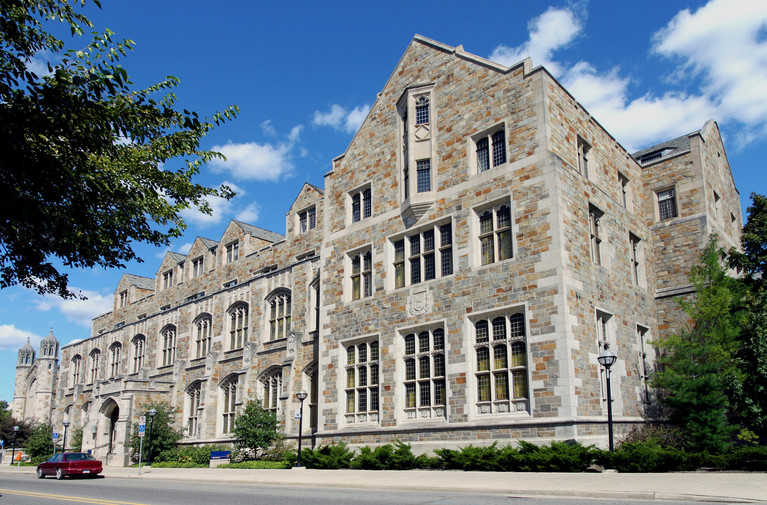Michigan Law Professor’s Supreme Court Battle Could Redefine Racial Discrimination and Free Speech Laws Nationwide
A prominent University of Michigan law professor is taking her fiery battle against what she calls systemic racial discrimination to the highest court in the land, setting the stage for a landmark Supreme Court decision that could reshape the legal landscape for free speech and employment law across the United States.
The case, Prof. Evelyn Stark v. Board of Regents of the University of Michigan, centers on allegations that Professor Stark was repeatedly denied tenure and subjected to a hostile work environment after publishing scholarly work critical of the university’s diversity, equity, and inclusion (DEI) initiatives. Stark claims her First Amendment rights were violated and that she faced retaliation for speaking on matters of public concern.
The Core Legal Arguments
In her petition to the SCOTUS, Stark’s legal team argues that her academic publications, which analyzed the effectiveness of certain DEI programs, are protected speech under the First Amendment. They contend that the university’s actions create a “chilling effect” that prevents other academics from engaging in robust, and sometimes critical, debate on pivotal social issues.
“The university promotes a specific ideological orthodoxy,” Stark stated in a recent press conference. “When my research did not align with that orthodoxy, I was ostracized and my career was stymied. This isn’t about the content of my work; it’s about the suppression of a viewpoint.”
The University of Michigan has filed a motion to dismiss, asserting that tenure decisions are complex, multifaceted, and fall squarely within the institution’s discretionary academic freedom. They deny any retaliatory motive, stating the tenure denial was based on standard scholarly and teaching evaluations.
Expert Opinions and National Reactions
Legal scholars are watching the case closely, noting its potential to collide with recent Supreme Court rulings on affirmative action.
“This case sits at the intersection of two constitutional firestorms: free speech and racial equality,” said Jonathan Turley, a professor of public interest law at George Washington University. “The Court’s conservative majority has been keen on strengthening First Amendment protections, which could bode well for the professor’s claim. However, the nuances of academic freedom make this a particularly complex matter.”
The case has ignited fierce reactions from various advocacy groups. Organizations like the Foundation for Individual Rights and Expression (FIRE) have filed amicus briefs in support of Professor Stark, framing the case as a defense of intellectual freedom. Conversely, civil rights groups like the NAACP Legal Defense Fund warn that a ruling in Stark’s favor could be used to undermine legitimate efforts to address historical racial inequities within institutions.
Impact on U.S. Readers and Broader Implications
The outcome of this legal battle will have profound implications far beyond the halls of academia. For American workers, a ruling for Stark could strengthen protections for employees who criticize their company’s internal policies on social issues, potentially affecting workplaces from Silicon Valley to Wall Street.
For the general public, the case touches on the ongoing national debate over the limits of free speech and how institutions address racial discrimination. It questions whether efforts to promote inclusivity can, in some instances, inadvertently suppress dissenting voices. The Supreme Court‘s decision will provide critical guidance to public universities and employers nationwide, setting a new precedent for how conflicting rights are balanced in a polarized America. The final ruling from the nation’s highest court on this University of Michigan case will set a critical new standard for free speech and allegations of racial discrimination in public institutions, directly impacting employment law and academic freedom.
Follow and subscribe for push notifications to get the latest news on this and other major Supreme Court cases.
Writer: Sam Michael
